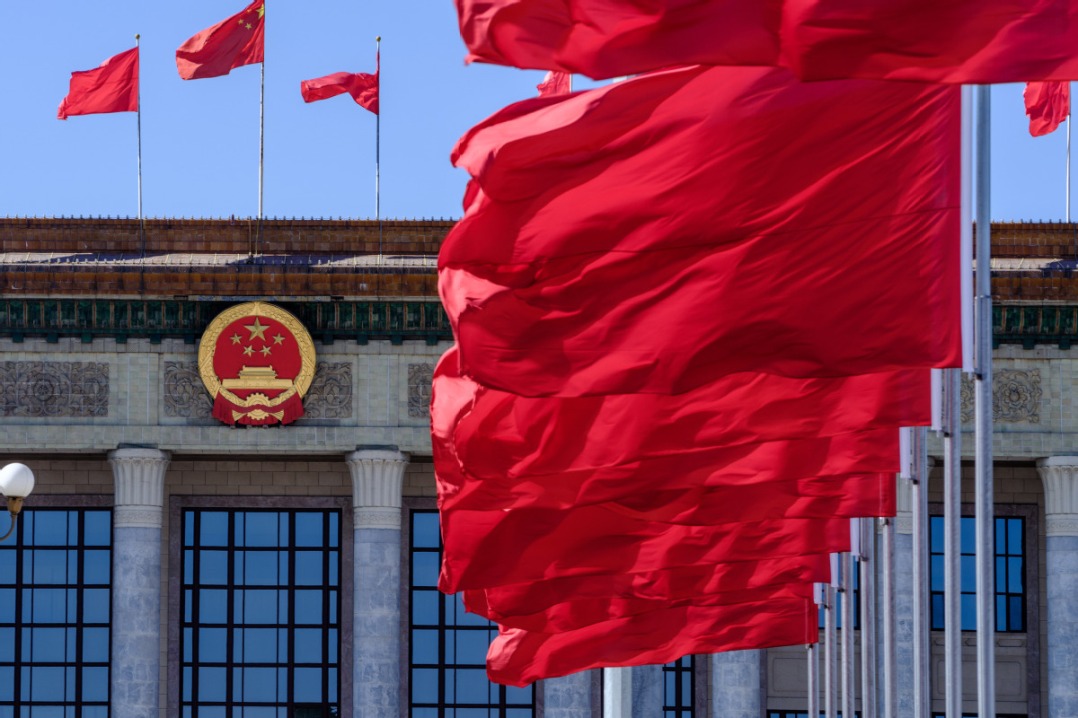Audiences not to blame for poor films

 |
| Director Feng Xiaogang. [Photo/Xinhua] |
WHILE ATTENDING A SEMINAR at the eight-day Shanghai International Film Festival, which started on Saturday, Chinese director Feng Xiaogang suggested the box office success of poorly made films has something to do with their "rubbish" audiences. China Youth Daily commented on Tuesday:
It is no surprise that Feng's harsh comment has triggered heated debate over what constitutes a good movie. Some agree with Feng, while many argue the audience should not be made a scapegoat for the poor judgment of directors and scriptwriters.
Neither side seems to have the final answer, but they may find the debate educational and enlightening if the question is asked what is responsible for the shoddy movies.
There are more dimensions other than production and viewership to the modern film industry. Some scholars note that in China the market is highly monopolized by some deep-pocketed, resourceful players, who have the leverage to promote the movies and actors or actresses they sponsor. That might explain why the audiences have a limited say in what they get to watch.
On the other hand, the commercial success of a film does not necessarily hinge on its aesthetic appeal. The Midnight Canteen, a Chinese TV drama that originated from the hit Japanese manga with the same title, has been showered with criticism for being a poor, tasteless adaptation, yet it proved successful with Chinese viewers.
Categorizing domestically made hit movies as valueless rubbish, or judging the audience is too simple minded. In the Name of the People, a phenomenally successful television series, has been hailed for its deep reflection on China's anti-corruption campaign and the skills of the veteran actors. Obviously professionalism has not lost its magic.
The problem is some investors, directors and movie distributors are willing to pursue sensationalism in exchange for social media bubbles that bring them profits. That far-fetched equation must be changed.


































